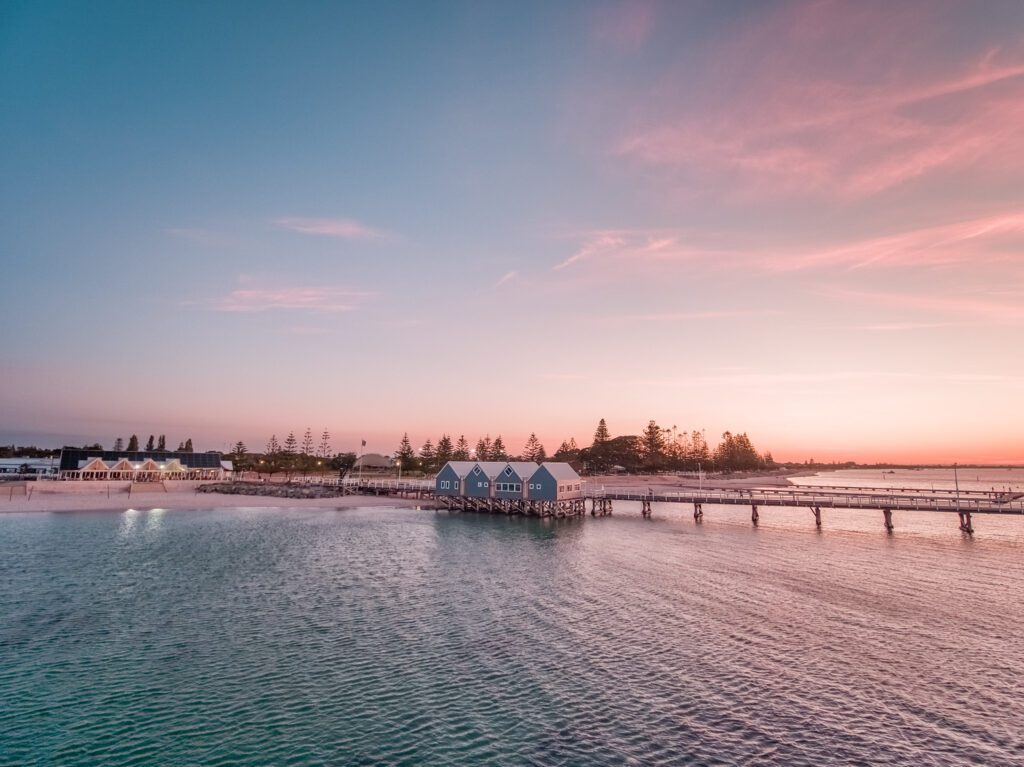Marine Monitoring
Here at the Busselton Jetty we pride ourselves on the conservation of our incredible marine environment so that future generations can also enjoy!
Marine Monitoring forms a large part of our marine conservation efforts with several initiatives being undertaken year-round such as:
- Water Temperature Recording
- Daily Marine Life Survey (used to create Fish Finder database)
- Australian Marine Debris Initiative
Read more about all of our Marine Monitoring initiatives below.
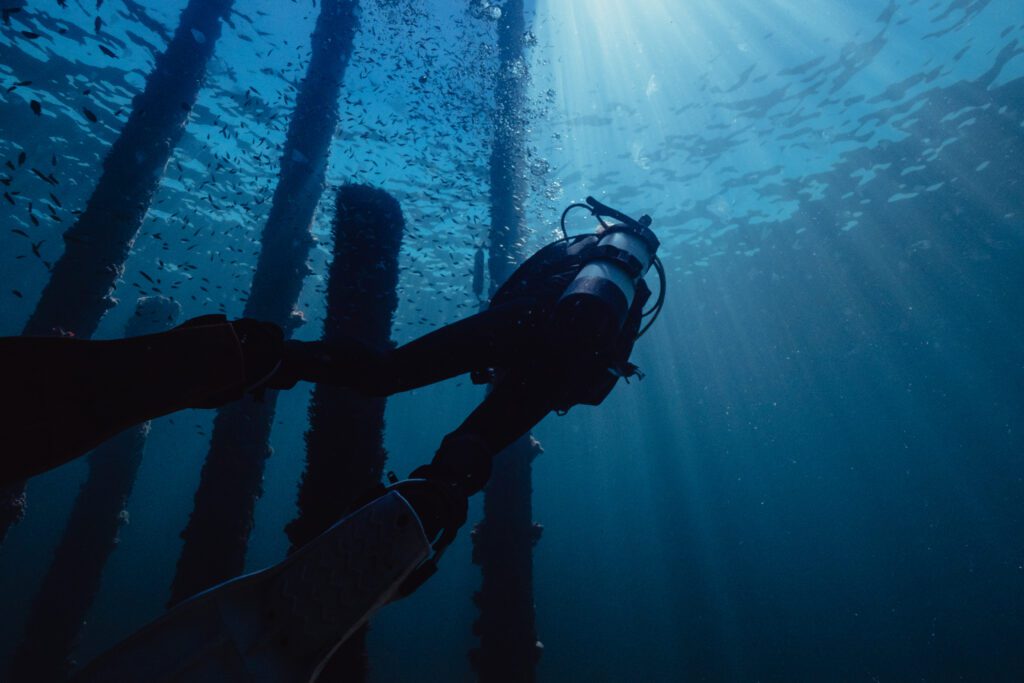
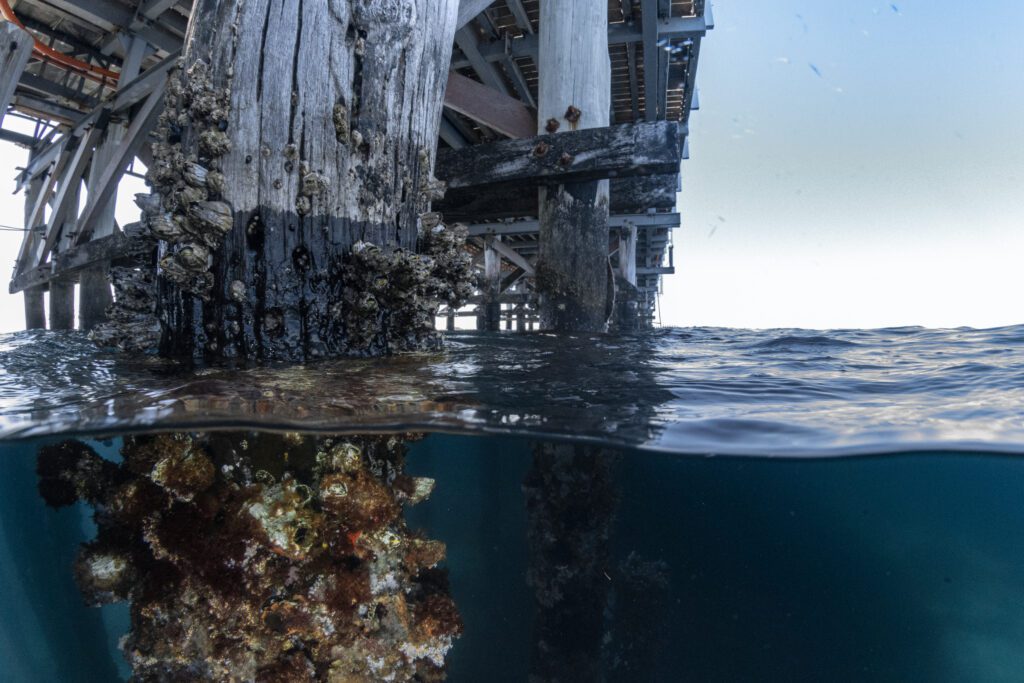
Water Temperature Recording
Water temperatures have been measured every hour under the Busselton Jetty since 2001, providing a very extensive data set going back over twenty years — it is one of the longest-running temperature monitoring programmes in Western Australia.
The water temperatures are recorded hourly at about 4m depth using self-recording temperature loggers which are accurate to ~± 0.2°C.
Apart from the value in showing the strong seasonal temperature cycles in Geographe Bay and year-to-year changes in temperature, they also helped to capture data relating to an extreme ocean warming event in 2011 where a pool of very warm water travelled down the length of Western Australia’s coastline with quite severe impacts on marine life in all parts of the state.
Water temperatures at the jetty reached a record high value of 25.6 ˚C in late February 2011, almost 4°C above the long-term average temperature for February.
To learn more about the 2011 marine heatwave, read the Fisheries Research Report.
Daily Marine Life Survey
Twice daily the Underwater Observatory Tour Guides survey marine life observed from the Underwater Observatory windows.
The survey includes many species of bony and cartilaginous fishes, mobile invertebrates, mammals and birds many of which are endemic to the South West of Australia.
This bioregion generally hosts temperate marine organisms but due to the effect of the Leeuwin Current other species which tend to more tropical habitats are occasionally seen.
Oceanographic observations are also taken and include tidal state, weather observations and visibility estimates.
It is hoped that these observations are used by research scientists to better understand fish and invertebrate biology in terms of migrations, spawning times, species distribution and feeding interactions.
For more information on individual species, please see our Fish Finder page. If you would like a species list or data from the Daily Marine Life survey, please see the Data Request section below.
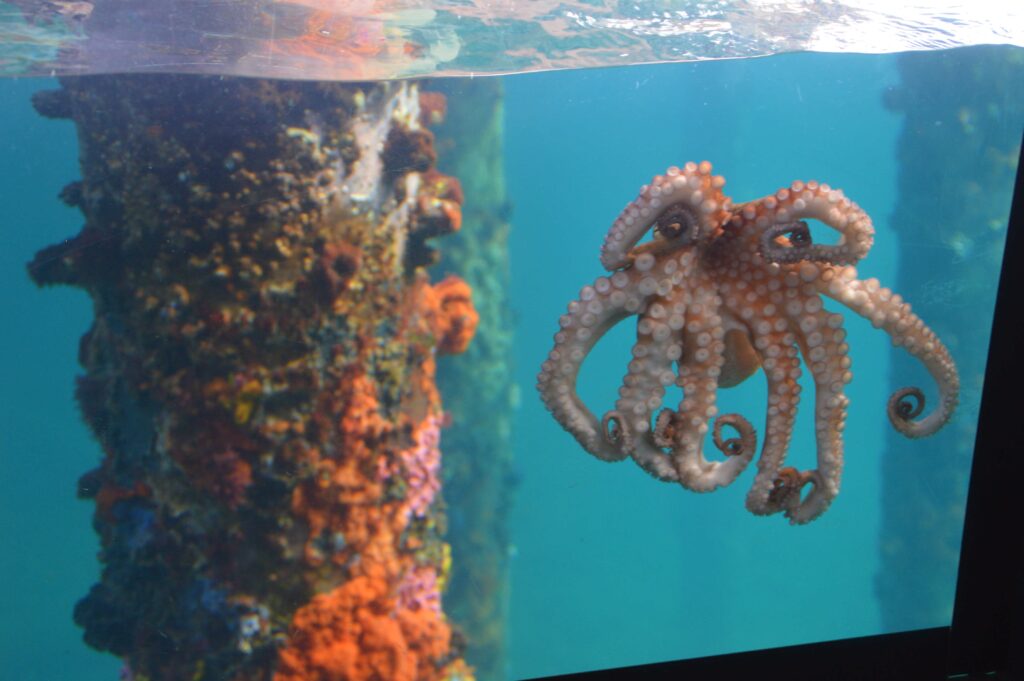
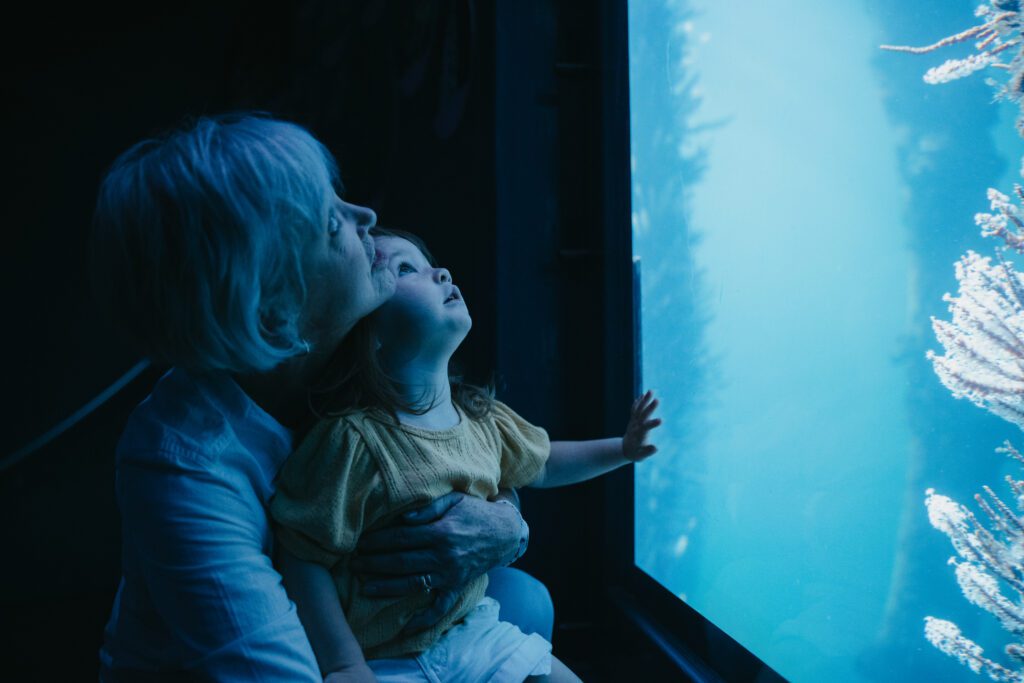
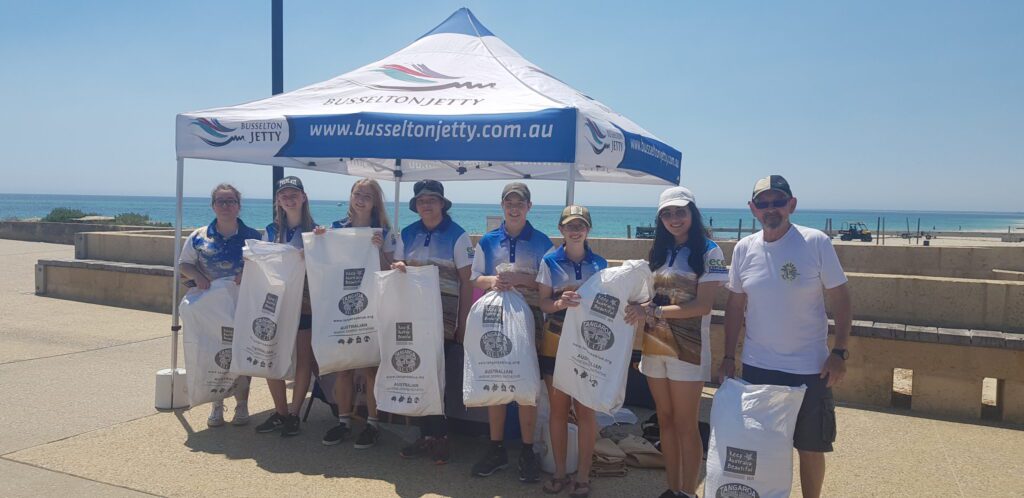
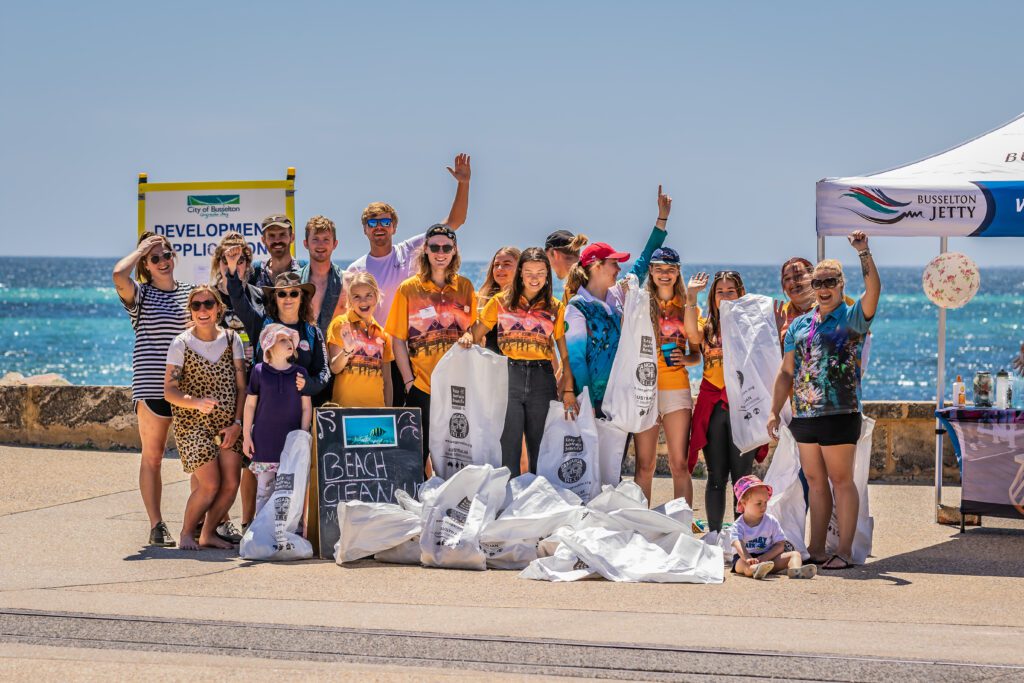
Australian Marine Debris Initiative
Each day, on the walk out the Underwater Observatory, the Tour Guides diligently pick up and dispose of litter that is left by irresponsible jetty users.
All types of litter are encountered – camping chairs, fishing line, clothing, food packaging, beer bottles and cigarette butts. On one occasion an entire tent was removed from the water and all of this litter unfortunately becomes marine debris when it leaves our jetty and enters the water column.
Tangaroa Blue is also a not-for-profit organisation focused on the health of our marine environment and they coordinate the Australian Marine Debris Initiative, an on-ground network of volunteers, communities, organisations and agencies around the country monitoring the impacts of marine debris along their stretch of coastline!
Each year we contribute to the initiative by hosting several beach cleanups both above and under the water!
For more information on how you can help the Australian Marine Debris Initiative, please see the Tangaroa Blue website.
Data Requests
BJEF is committed to furthering knowledge about our local environments. Collaborating with state, national and international partners helps us to use rigorously collected data to inform our everyday management decisions and ensure we promote healthy resilience in the natural environment around the Jetty.
The data we collect is freely available for use by researchers, if you are interested to use biological or environmental data, or collaborate on a project please email your request to uwo@busseltonjetty.com.au.
